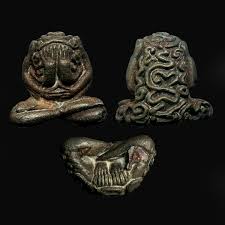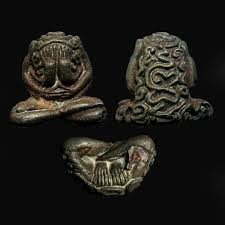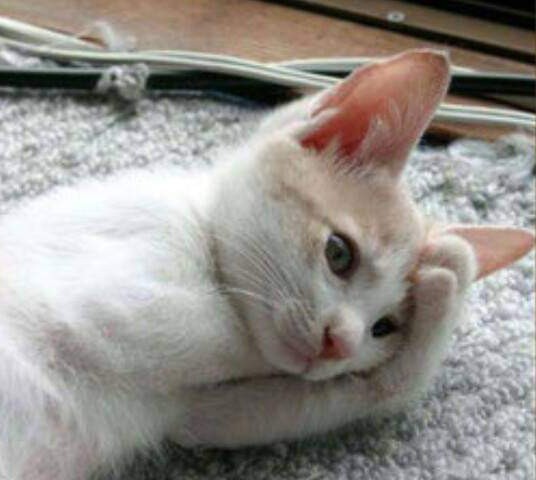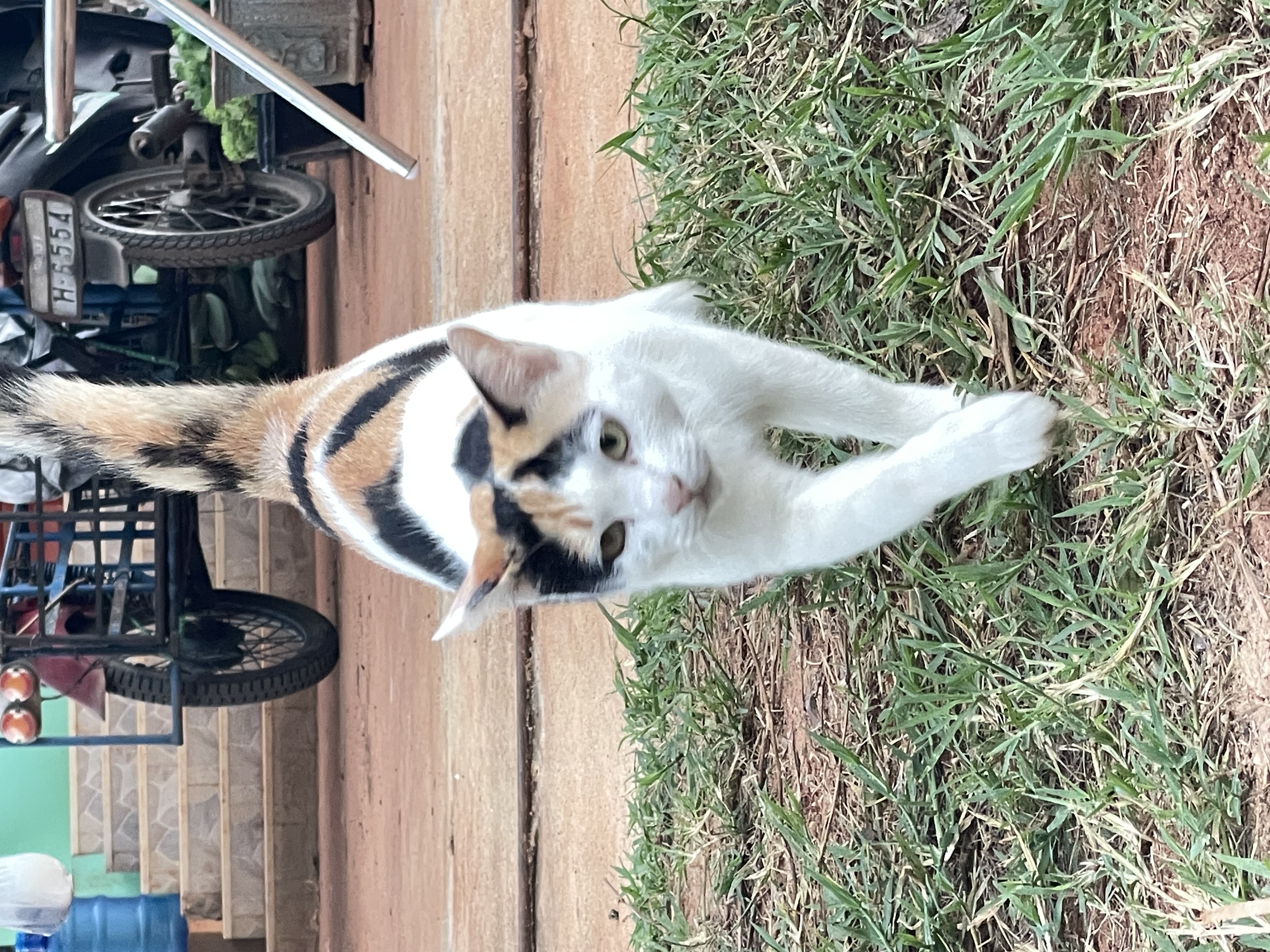ด่วน! กองทัพรัสเซีย เริ่มดำเนินการติดตั้งโครงสร้างศูนย์พักพิงสำหรับสงครามนิวเคลียร์แบบโมดูล KUB-M ที่มีลักษณะคล้ายตู้คอนเทนเนอร์ โครงสร้างดังกล่าวสามารถรองรับพลเรือนได้มากกว่า 50 คน ที่บริเวณชานกรุงมอสโก
.
สำหรับโครงสร้างศูนย์พักพิงสำหรับสงครามนิวเคลียร์แบบโมดูล KUB-M ได้รับการออกแบบมาเพื่อป้องกันพลเมืองจากภัยคุกคามต่างๆ รวมถึงสงครามรังสี ชีวะ เคมี จากการระเบิดนิวเคลียร์และการปนเปื้อนกัมมันตภาพรังสี รวมถึงสงครามชีวภาพ
.
นอกจากนี้ สำนักงานข่าว RT News รายงานว่า กระทรวงกลาโหมรัสเซียยังสั่งเร่งผลิตโครงสร้างศูนย์พักพิงสำหรับสงครามนิวเคลียร์แบบโมดูล KUB-M เป็นจำนวนมาก เพื่อรับมือกับสงครามใหญ่ที่กำลังจะเกิดขึ้น
.
“การผลิตแบบต่อเนื่องของโครงสร้างป้องกันโมดูลนวัตกรรม "KUB-M" ได้เริ่มขึ้นในสหพันธรัฐรัสเซีย เหตุการณ์นี้เป็นผลมาจากการวิจัยและความพยายามหลายปีของนักวิทยาศาสตร์และผู้เชี่ยวชาญชาวรัสเซีย ในด้านการปกป้องประชาชนจากสถานการณ์ฉุกเฉิน” กระทรวงฯ กล่าว.
.
https://www.facebook.com/groups/194174770388504/permalink/371771209295525/
.
สำหรับโครงสร้างศูนย์พักพิงสำหรับสงครามนิวเคลียร์แบบโมดูล KUB-M ได้รับการออกแบบมาเพื่อป้องกันพลเมืองจากภัยคุกคามต่างๆ รวมถึงสงครามรังสี ชีวะ เคมี จากการระเบิดนิวเคลียร์และการปนเปื้อนกัมมันตภาพรังสี รวมถึงสงครามชีวภาพ
.
นอกจากนี้ สำนักงานข่าว RT News รายงานว่า กระทรวงกลาโหมรัสเซียยังสั่งเร่งผลิตโครงสร้างศูนย์พักพิงสำหรับสงครามนิวเคลียร์แบบโมดูล KUB-M เป็นจำนวนมาก เพื่อรับมือกับสงครามใหญ่ที่กำลังจะเกิดขึ้น
.
“การผลิตแบบต่อเนื่องของโครงสร้างป้องกันโมดูลนวัตกรรม "KUB-M" ได้เริ่มขึ้นในสหพันธรัฐรัสเซีย เหตุการณ์นี้เป็นผลมาจากการวิจัยและความพยายามหลายปีของนักวิทยาศาสตร์และผู้เชี่ยวชาญชาวรัสเซีย ในด้านการปกป้องประชาชนจากสถานการณ์ฉุกเฉิน” กระทรวงฯ กล่าว.
.
https://www.facebook.com/groups/194174770388504/permalink/371771209295525/
ด่วน! กองทัพรัสเซีย เริ่มดำเนินการติดตั้งโครงสร้างศูนย์พักพิงสำหรับสงครามนิวเคลียร์แบบโมดูล KUB-M ที่มีลักษณะคล้ายตู้คอนเทนเนอร์ โครงสร้างดังกล่าวสามารถรองรับพลเรือนได้มากกว่า 50 คน ที่บริเวณชานกรุงมอสโก
.
สำหรับโครงสร้างศูนย์พักพิงสำหรับสงครามนิวเคลียร์แบบโมดูล KUB-M ได้รับการออกแบบมาเพื่อป้องกันพลเมืองจากภัยคุกคามต่างๆ รวมถึงสงครามรังสี ชีวะ เคมี จากการระเบิดนิวเคลียร์และการปนเปื้อนกัมมันตภาพรังสี รวมถึงสงครามชีวภาพ
.
นอกจากนี้ สำนักงานข่าว RT News รายงานว่า กระทรวงกลาโหมรัสเซียยังสั่งเร่งผลิตโครงสร้างศูนย์พักพิงสำหรับสงครามนิวเคลียร์แบบโมดูล KUB-M เป็นจำนวนมาก เพื่อรับมือกับสงครามใหญ่ที่กำลังจะเกิดขึ้น
.
“การผลิตแบบต่อเนื่องของโครงสร้างป้องกันโมดูลนวัตกรรม "KUB-M" ได้เริ่มขึ้นในสหพันธรัฐรัสเซีย เหตุการณ์นี้เป็นผลมาจากการวิจัยและความพยายามหลายปีของนักวิทยาศาสตร์และผู้เชี่ยวชาญชาวรัสเซีย ในด้านการปกป้องประชาชนจากสถานการณ์ฉุกเฉิน” กระทรวงฯ กล่าว.
.
https://www.facebook.com/groups/194174770388504/permalink/371771209295525/
0 ความคิดเห็น
0 การแบ่งปัน
545 มุมมอง
0 รีวิว



















